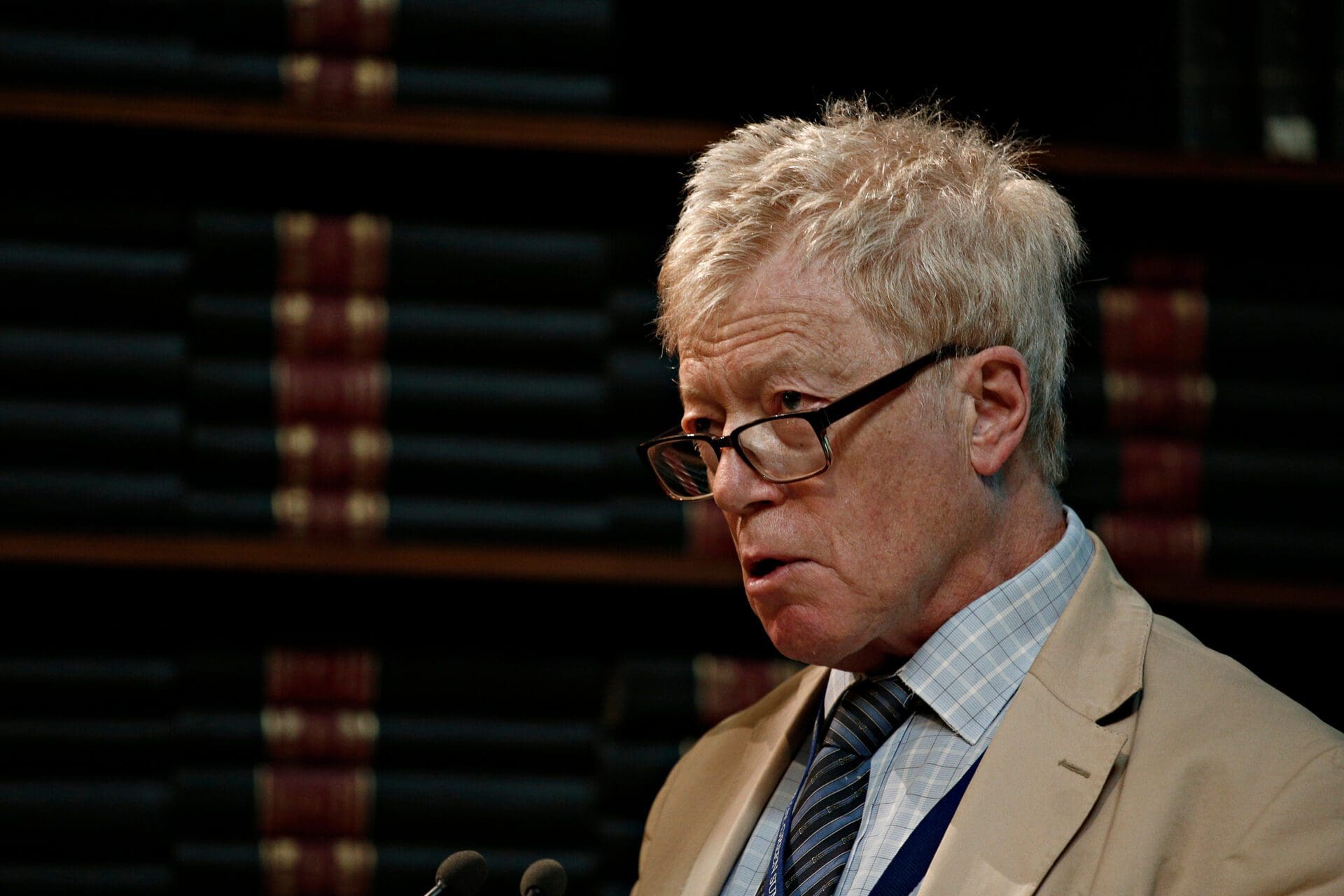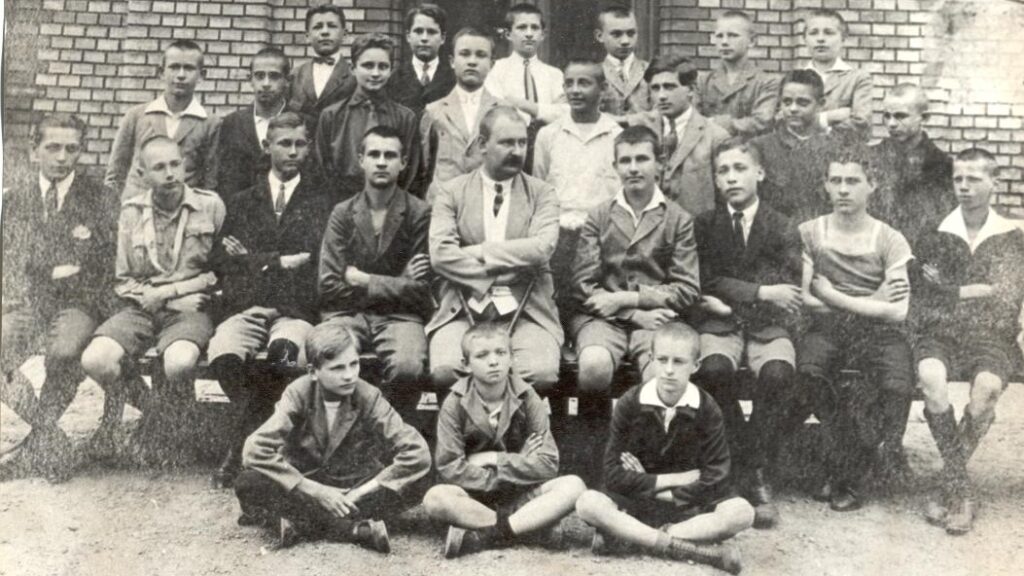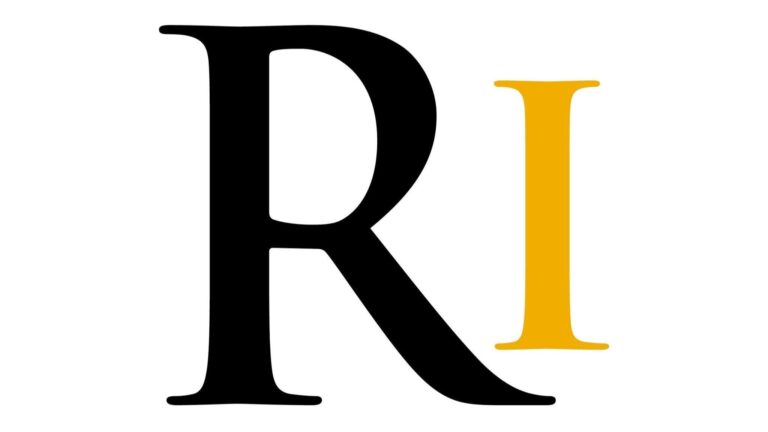The Meaning of Conservatism was written in 1980, and is one of Roger Scruton’s earliest books. It is widely regarded as a major contribution to political thought that articulates the conservative attitude and how it relates to the issues of the times it was written in. (It was also published in Hungarian in 2002.)
The motive behind writing the book was to elucidate conservative ideas that were often misunderstood during that period. One of the catalysts for the author’s decision to put his thoughts about conservatism in writing was the French protests of 1968 and the subsequent marked shift to the left within academia:
‘My own college—Birkbeck College in the University of London—contained, to my knowledge, two conservatives: myself, and Nunzia (Annunziata), the Neapolitan lady who served behind the counter in the Senior Common Room…Nunzia was the only person I could really talk to in the university…’
Although the book may initially appear philosophical in nature,
its true intent lies in expressing the political implications of the conservative attitude.
This is how Roger Scruton himself puts it:
‘I have tried to present clearly and simply the fundamental conceptions which I believe to underlie the conservative view in politics and in the course of doing so to show the possibility of subscribing to them. This is not a work of philosophy, but of dogmatics (to use the theological term): it attempts to describe and defend a system of beliefs, but a system which, being directly expressed in action, assumes rather than provides the answers to philosophical questions.’
After a short introduction, Scruton starts by describing conservative topics that were relevant at the time of the book’s first publication—and some are, undoubtedly, of relevance even today, such as family, private property, friendship, excessive modern consumerism, societal continuity, freedom of speech, human rights and the concept of a country itself. The latter Scruton sees not as something that has a purpose, claiming it is not conservative to view society and the government (that are inseparable in Scruton’s view) as means to something—rather, they are the ‘end in themselves’. This thought shows resemblance to Kant’s categorical imperative applied to the scale of the entire society.
The above-outlined topics are thematically grouped into chapters titled ‘Authority and Allegiance, ‘Constitution and the State, ‘Law and Liberty, ‘Property, ‘Alienated Labour, ‘The Autonomous Institution, ‘Establishment, ‘The Public World. The book is therefore structured as a list of politically important topics discussed from the a conservative perspective.
‘My purpose was to express the root ideas of a conservative ideology.’
Roger Scruton
Scruton’s engagement with specific issues of contemporary political life is outstandingly engaging, despite the fact that some of his views may be viewed as controversial. For instance, when he proposes that ‘It is obvious that there cannot be freedom of speech in any healthy society, if by freedom is meant the absolute untrammelled right to say what one wishes and utter one’s views on anything, at any time, and anywhere’, or where he suggests that individual freedom cannot have an end in itself as advocated by liberalism, or, for example, that democracy should be balanced by certain hereditary positions—that is, essentially by an aristocracy. Despite their being very much rooted in concrete political debates of that period, reading the book one does not come away with the feeling that Scruton’s analysis is shallow, or not relevant then—on the contrary, it has relevance for today’s politics, too.
Truth be told, even though the topics themselves are deeply and meticulously analysed, it is still somewhat difficult to see how the ideas stem from one another or connect, while it is also hard to find the connection between the principles of conservatism that he outlines and the discussed topics. This is somewhat surprising, given that Scruton himself described the book as ‘an attempt to outline a system of belief‘, or, as he formulates it elsewhere, ‘My purpose was to express the root ideas of a conservative ideology‘.
On the other hand, as Scruton also repeatedly points out,
conservatism, unlike its adversaries, that is, liberalism and socialism, is inherently local,
and therefore articulating universal policies is a challenge, and perhaps not even necessary:
‘There are so many plans, and so many schemes, and so many reasons why there should be neither plans nor schemes… This lack of confidence stems not from diffidence or dismay, but from an awareness of the complexity of human things, and from an attachment to values which cannot be understood with the abstract clarity of utopian theory.’
The ‘ideological root’ of this thought, as it is expressed in one sentence, is ‘Burkean‘ to its core: ‘Conservatism presupposes the existence of a social organism. Its politics is concerned with sustaining the life of that organism, through sickness and health, change and decay.’
Regarding the essential concept of locality embedded in conservative thinking, Scruton proposes that the fundamental principle of the conservative attitude is the recognition that, in the absence of a dominant ideal, conservatism can manifest itself in various ways. To illustrate this point, he cites the example of Solon, a statesman from Ancient Greece, who, when asked about the best form of government, responded with the questions: ‘For whom?‘ and ‘At what time?‘
Consequently, Scruton argues that conservatives hold deep respect and devotion for their own country, its unique history, and its distinct way of life. Although they may possess an understanding and appreciation of other existing or ideal societies, it is the specific context of their own nation that captures the attention and commitment of true conservatives.
While acknowledging that this particular work is one of Sir Roger Scruton’s earliest and may therefore have certain limitations, it is undeniably valuable to delve into the ideas of a thinker who exemplifies a remarkable conservative approach to politics. Scruton’s focus on the practical applicability of conservative thoughts to real life and political issues makes the book is a compelling read probably particularly for those new to and wishing to engage with conservatism.








